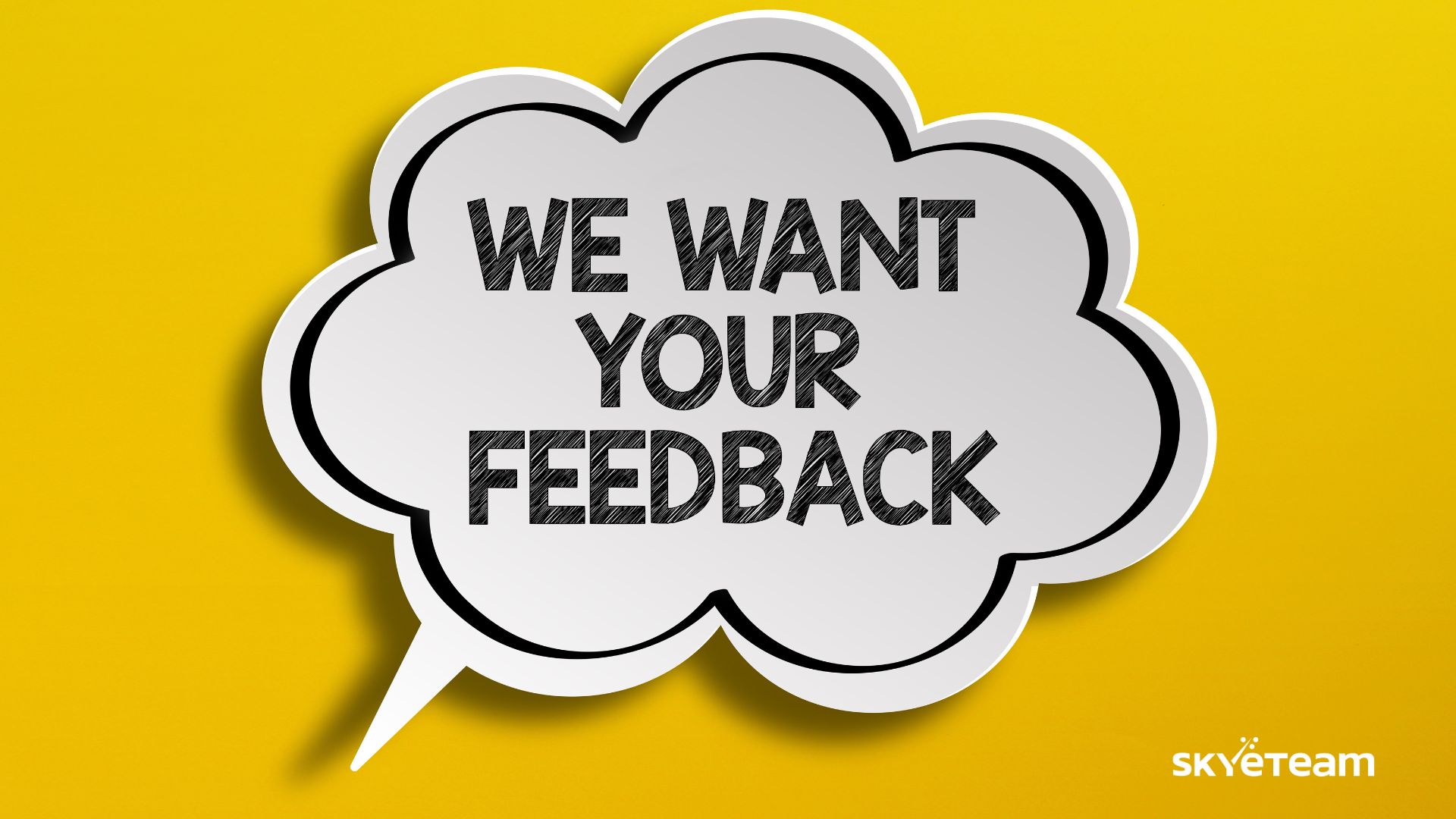The Power of Effective Feedback: 10 Lessons For Giving and Receiving Feedback

I love music, and in the last 12 months, I’ve enjoyed seeing Adele, Dead & Co, Sting, Pink Martini, the Colorado Symphony, and the Ukulele Orchestra of Great Britain (hilarious and talented!). Quite the eclectic lineup. You can bet that before the rosin dust has settled and the final lights go down on stage, each performer reflects on what went well and what could’ve been better. They live and breathe effective feedback, constantly using it to level up. It’s the same in leadership, or at least it should be.
But here’s the thing: feedback gets a bad rap (which reminds me of the great Nas concert with the Colorado Symphony at Red Rocks!). And let’s be honest—who actually enjoys getting feedback? Even the “You’re amazing!” kind can make you self-conscious. And, let’s face it, the only time feedback is truly unwelcome is when it’s in the form of that ear-splitting microphone screech at a concert—definitely not the kind of feedback we’re talking about here!
Recently, I coached a leadership team gearing up for their performance review season. These were seasoned pros, but they wanted to improve their feedback skills—giving and receiving it. Smart move. Here are some of the gems we discussed:
Tips for Giving Effective Feedback
- Timely. Feedback isn’t milk—you don’t have to deliver it “at the moment.” But it does have an expiration date. Tell me my intonation was off a week after a performance, and there’s not much I can do about it. But if you lean over between movements and whisper, “Psst, your pitch is a little sharp,” I can fix it immediately. The same goes for work—don’t wait for the annual review. Give effective feedback while it’s still relevant. Let’s make reviews about performance and not revelation.
- Balanced. Feedback should be a balanced meal, not a feedback sandwich where everyone’s only tasting the “filling.” Praise is great, but people stop hearing it if it’s always bookended by criticism. Effective feedback is about balance—acknowledging what’s going well and what needs improving. Over time, people will trust your feedback as fair and honest.
- Delivered with good intent. If you’re mad, frustrated, or have just spilt coffee on yourself, now is not the time for feedback. The goal is to help, not to vent your emotions or power up a “gotcha” moment. Effective feedback is driven by the desire to help the other person succeed, not tear them down or when you’re ready to blow a gasket.
- Specific. “Great concert” is as helpful as telling someone their shoes are nice. Thanks, but what can I do with that? Be specific: “Your harmonies in that second piece were so tight, I nearly cried” (true story!). Specific feedback is actionable, memorable, and appreciated.
- Includes action and follow-up. Don’t just toss feedback over the fence and hope it sticks. If you give effective feedback, follow up. If someone’s working on something, check in and make sure the changes are happening. It’s not “fire and forget.”
Tips for Receiving Feedback
- Ask for it! The more you ask for feedback, the more you’ll likely get honest, actionable insights. Plus, it makes you look like a feedback rockstar who wants to improve. Who doesn’t want that?
- Expect the unexpected. Feedback, like a surprise encore at a concert, can catch you off guard. Instead of panicking or jumping into defence mode, breathe. Literally, count to five, collect yourself, and listen. Remember, the feedback is their experience, and while you might not love it, arguing won’t change their mind—adjusting your behaviour might.
- Seek the grain of truth. Not all feedback will be a gem, but there’s usually a kernel of truth somewhere. When feedback stings, find that 1% that’s useful. Maybe you don’t always interrupt people, but perhaps your enthusiasm sometimes gets the better of you. Find the kernel of truth, and use it.
- Say “Thank You.” Whether you agree or not, pausing to say “Thank you” when receiving feedback is like offering a standing ovation. It shows the person you’ve heard them, even if you’re not ready to tackle them immediately. A “Thank you” goes a long way in keeping the lines of communication open.
- Focus on the second score. Adam Grant talks about the “second score” when receiving feedback. If someone’s giving you a D for performance, don’t focus on the D—concentrate on getting an A for how you receive it. Handle effective feedback with grace, curiosity, and an open mind. Responding well can be just as important as the feedback itself.
Effective feedback—whether in music or leadership—is your backstage pass to improvement. Just as musicians fine-tune their performances through constant feedback, we can orchestrate better workplace relationships and results through thoughtful feedback practices. Whether you’re preparing for a performance review or just want to improve your feedback skills, these principles can help make the process more harmonious and productive.

Let's Connect





